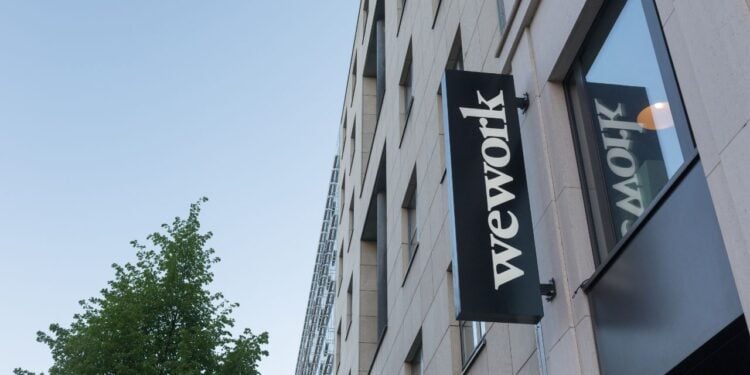CEO of IWG Mark Dixon shared some of the challenges and misconceptions facing the coworking industry as a possible chapter 11 bankruptcy looms for the industry’s poster child WeWork.
In an original report published by The Telegraph, Dixon pointed to a “guilt by association” in relation to its struggling U.S. rival, WeWork. The financial struggles and negative media attention received by WeWork Global have influenced investors trading IWG on the London Stock Exchange.
This negative perception has translated to IWG experiencing a 20% drop in its share price over the past six months — even though the company posted record revenues of £1.7 billion and doubled profits to £94 million in August, according to The Guardian.
This week headlines dropped with reports of WeWork, once valued at a $47 billion, now preparing to engage in bankruptcy filings as early as next week — which is a completely opposite situation when compared to where IWG financially stands.
Rising interest rates and other bad business moves have hit WeWork hard. IWG, on the other hand, has worked out ways to capitalize on new workforce trends. One strategy pursued by IWG was opening new hubs in rural and suburban areas to cater to workers looking to avoid long commutes and city center costs.
Dixon also stressed to The Telegraph that IWG should be viewed as a flexible workspace provider, not a property company. The company is reported to have 4,000 offices worldwide, including 30 former WeWork hubs.
Regardless of WeWork’s fate, the trend toward remote and flexible work will persist. While IWG’s share price has indirectly suffered due to the challenges faced by WeWork, the company’s strong financial performance and strategic positioning suggest this perception on the London Stock Exchange is only temporary.














